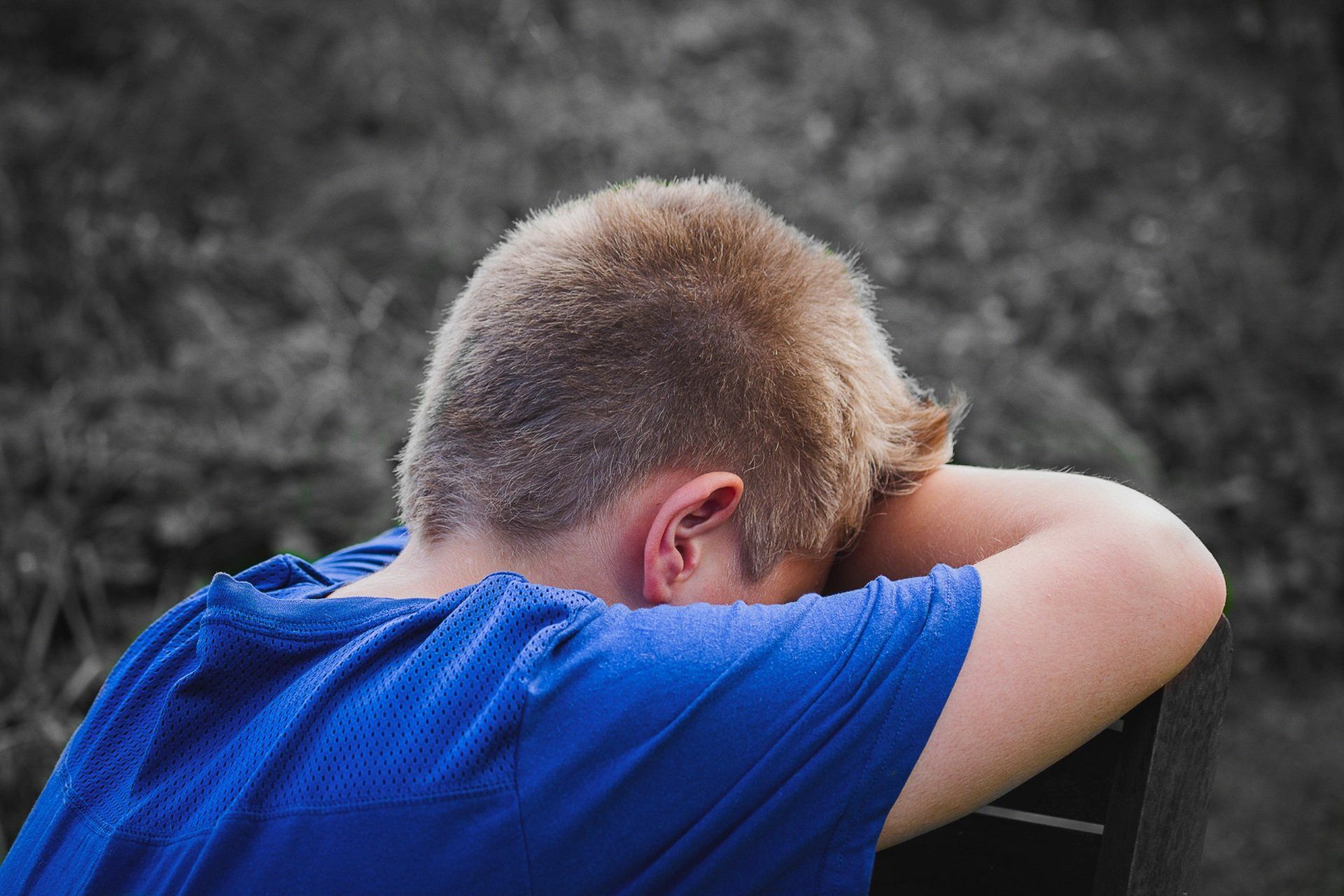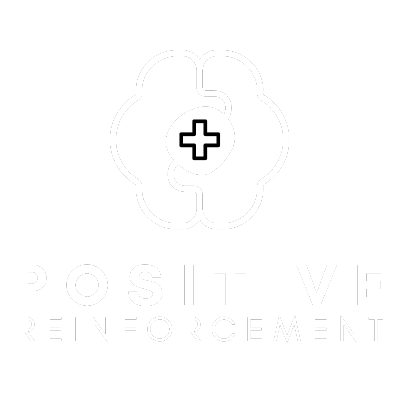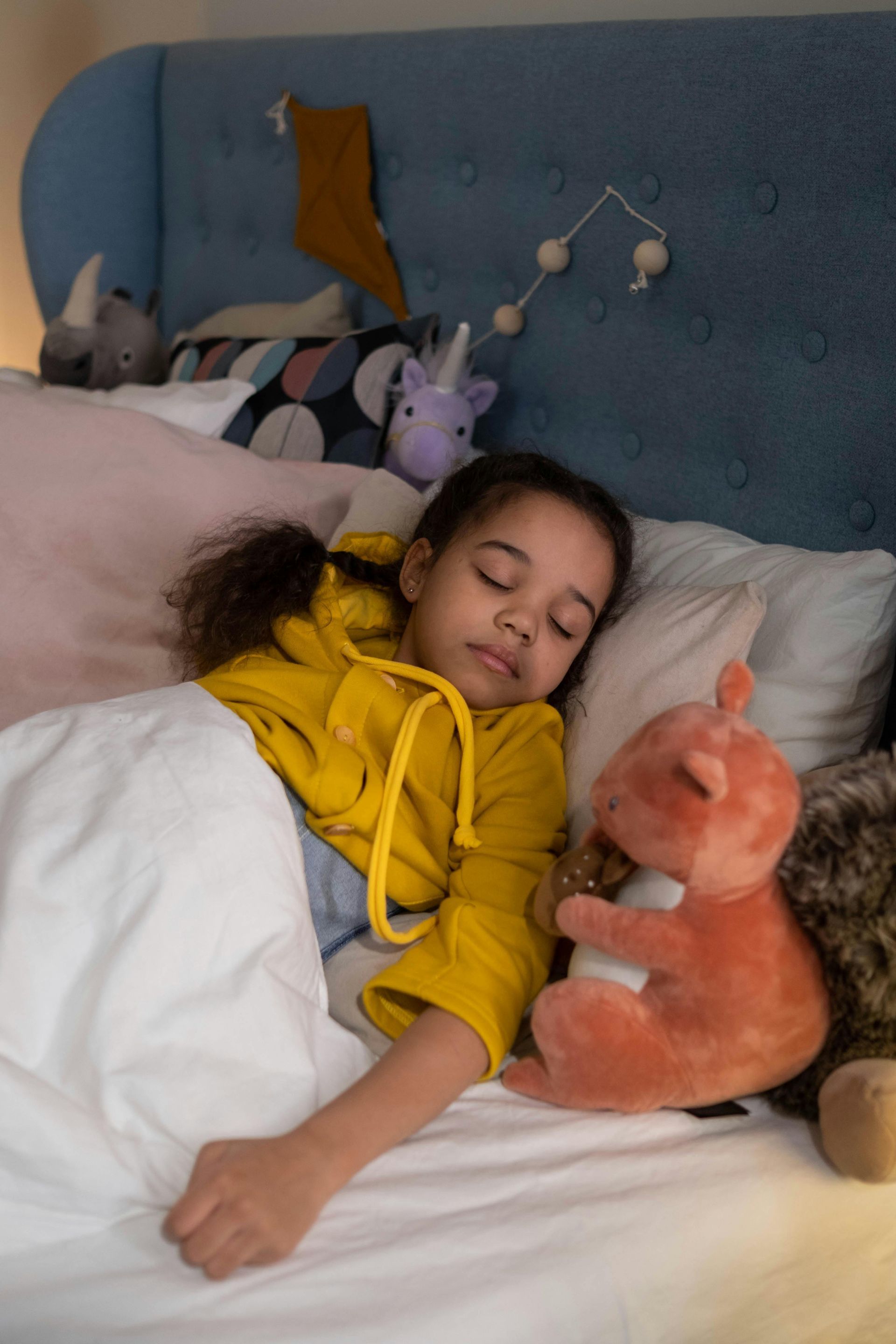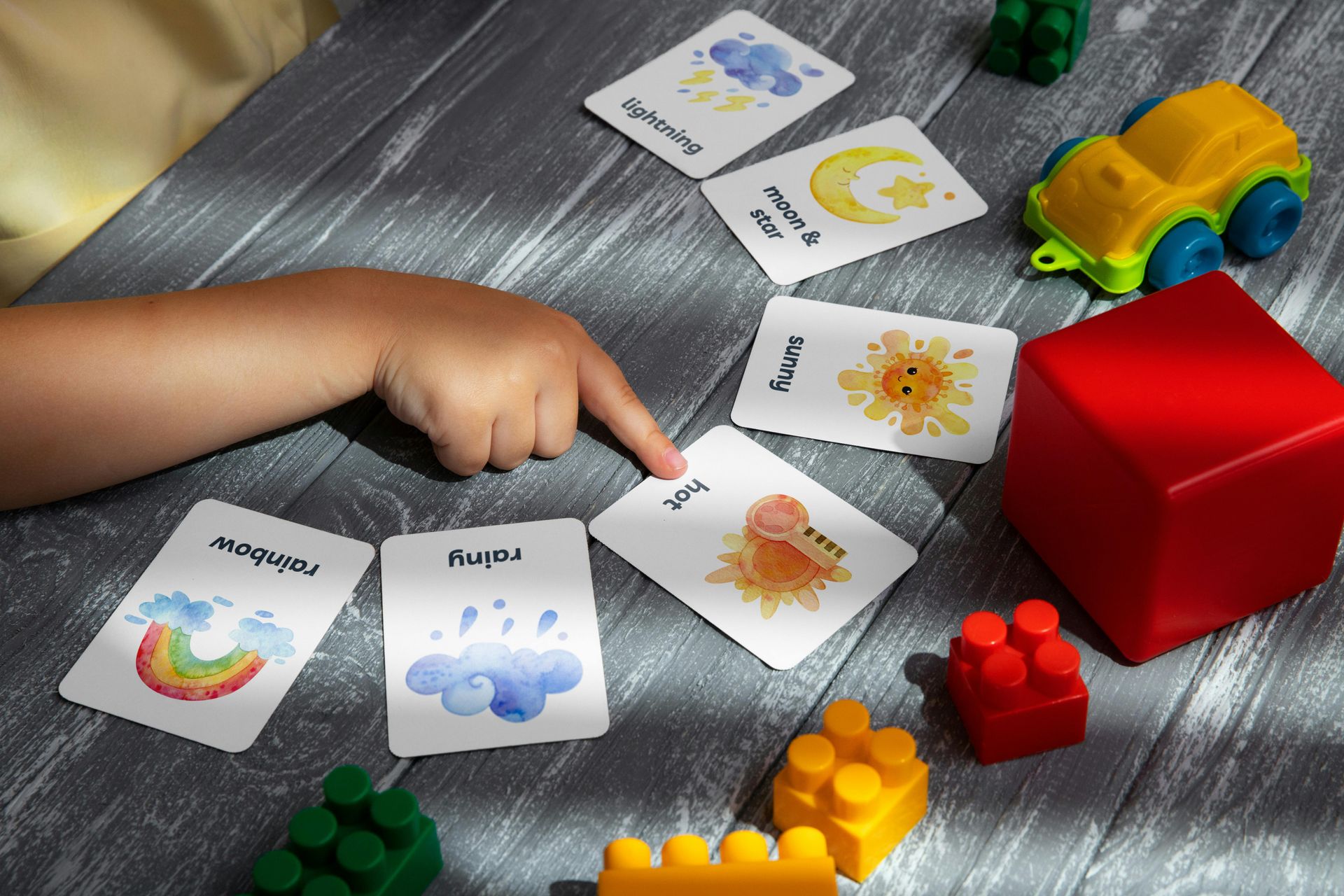Depression and Autism
Depression and Autism

Depression is a growing concern in youth today, and a meta-analysis from the Journal of Abnormal Care Psychology concluded that children with autism are four times as likely to go through depression than their neurotypical counterparts. Whether this depression stems more from genetics or external factors like isolation and social issues varies from person to person.
There are many questions left to be answered about why depression often accompanies autism, but researchers do know that around 70% of children with autism suffer from one or more mood disorders including anxiety and depression. Depression is more common in children with high-functioning ASD, and appears to worsen into young adulthood and adulthood. Rates of depression in those with Autism Spectrum Disorder increase with age.
At present, no research has been completed to determine how to best adapt the behavioral therapies commonly used with those on the spectrum to address concerns of depression. One of the challenges of treating depression in children with autism is that typical treatments such as talk therapy depend on the patient’s ability to communicate in a social setting and identify their own feelings. These are two areas where children with autism usually have difficulty.
Medication poses yet another challenge. The drugs most often prescribed for depression could cause serious side-effects in those with autism and make their condition less manageable. For example, antidepressants can make a child more impulsive and be disruptive to sleep patterns, both of which can make a major impact on a child with autism’s daily life.
So much about ASD can exacerbate symptoms of depression, such as the compulsion to ruminate or obsess over specific events or emotions. This is a very common compulsion for those with autism. In addition, some signs of depression—such as withdrawing—can often be interpreted as symptoms of autism instead.
Raising a child on the spectrum is daunting enough—what can parents possibly do to prevent or manage depression? First of all, be part of a community, encourage your child to be social even though it’s hard. Find hobbies and interests for your child to be engaged in. Be as involved as you can in their education and therapy. And consult with the experts on your child’s care team whenever you have concerns.
Contact Positive Reinforcement today for in home ABA therapy servicing North Virginia, West Virginia including cities like Ashburn, Leesburg, Winchester, Richmond, Centerville.










